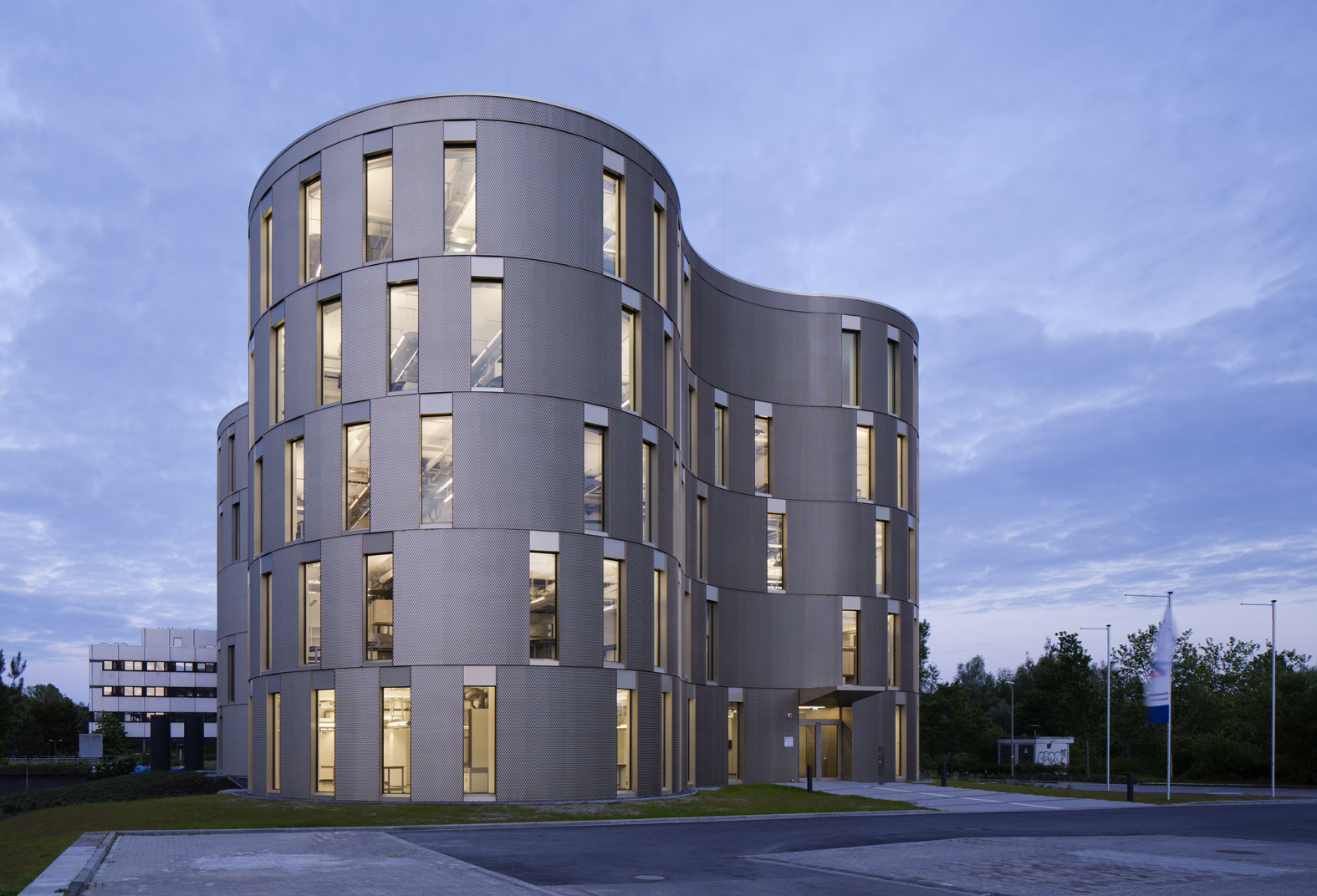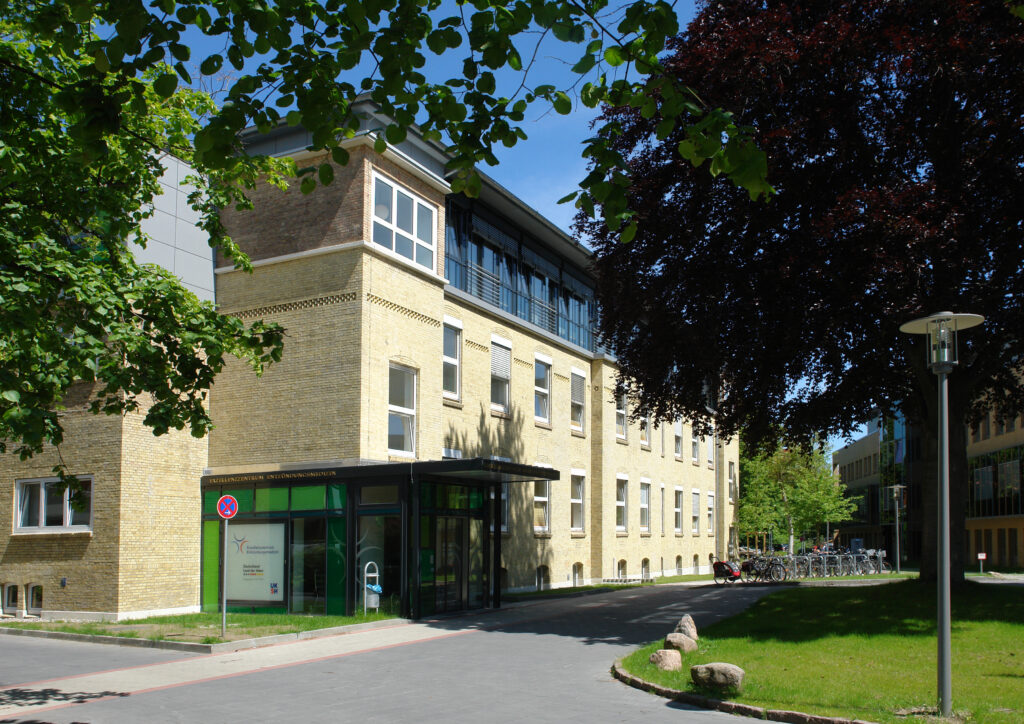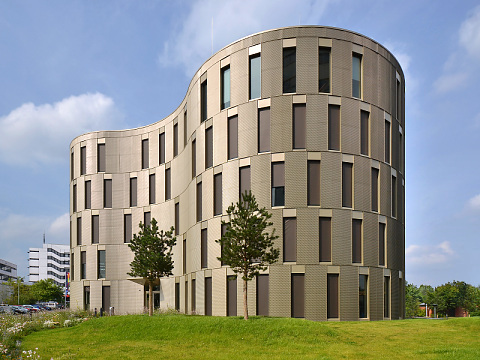
History & Milestones
The Institut für Klinische Molekularbiologie (IKMB) in Kiel was founded by Kiel University within the University Hospital Schleswig-Holstein in 2003. It is the vision of the Institute to create a systemic understanding of complex human diseases as well as the phenotype of healthy ageing by using genomic technologies. This includes validating the resulting models at the molecular level (in vitro/in vivo) and their translation into the human diagnostic or therapeutic experiment.
The etiology of chronic inflammatory diseases that affect human barrier organs (Crohn’s disease, ulcerative colitis, primary sclerosing cholangitis, rheumatoid arthritis, atopic dermatitis, psoriasis) is one of the scientific foci of the Institute. Research at the Institute has contributed to genome-wide association studies in many disease indications leading to a plethora of identified and replicated disease loci. Disturbed pathways and cellular functions are characterized, based on the genetic architecture of disease (e.g. innate immunity, autophagy, ER stress).
The Institute aims to complete its understanding of chronic inflammatory diseases by exploring the evolutionary history of disease genes and identifying primary health mechanisms.
A broad spectrum of omics technologies is used for a complete molecular definition of individuals. Population access through the popgen biobank ensures that molecular understanding of phenotypes in patients does not remain anecdotal but is examined for relevance on a population level.
The IKMB is part of the PMI: Exzellenzcluster Precision Medicine in Chronic Inflammation and the inter-faculty Centre for Applied Life Sciences – Kiel Life Science (KLS) – a local collaborative network of Kiel University. To this end, our scientists are working in an excellent and highly interdisciplinary network of experts in various fields.
Since 2013, part of the Institute is located at the Center for Molecular Biosciences (ZMB) on the University campus.



